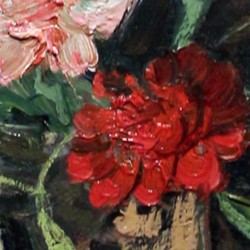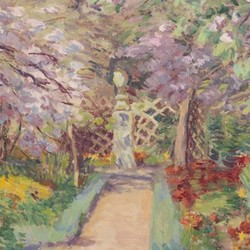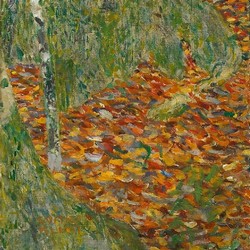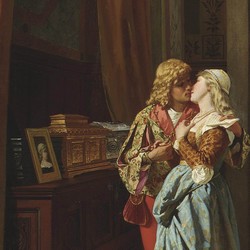- Details

When asked about the characteristics of a Lied, one of the first things I say, probably the first, is that for a Lied to exist it is necessary that previously a poem existed that moved the composer to write his song. A poem written two days, two years or two centuries before the composer read it. But previously written, this is the key word.
- Details

To write this article, I've thought about crimes among consanguineous that I remembered, both fiction and reality. The most common family crimes in thrillers are committed between brothers and sisters; because of jealousy (and often are homicides, rather than murders), or for attaining power. There are also children who kill their parents to come to power or to inherit [...]
- Details

Imagine being in a garden in the spring and realizing that the flowers have lost their colour and scent, the sun isn't as warm as expected, and the ground is dry. Imagine that you realize that there's nothing wrong with the spring, it's beautiful, as always. It's your gaze that has changed, it's your sadness that keeps you from seeing beauty.
- Details

Heinrich Panofka was best known as a voice teacher. In 1842, he founded an academy with tenor Marco Bordogni in Paris, and in 1855, he published his method, L'art de chanter. He was also renowned as a music critic; for example, he wrote in Schumann's "Neue Zeitschrift für Musik" or "Revue et gazette musicale" (where an article on Schubert in 1838, contributed to the [...]
- Details

Pianist Marion Stein was born in Vienna to a Jewish family in 1926. In 1938, they fled Austria for England, fleeing Nazism, and she studied at the Royal College of Music in London. She began a career as a concert pianist, which she abandoned at her 23 when she married George Lascelles, Earl of Harewood, and nephew of George VI. A common friend, Benjamin Britten [...]












